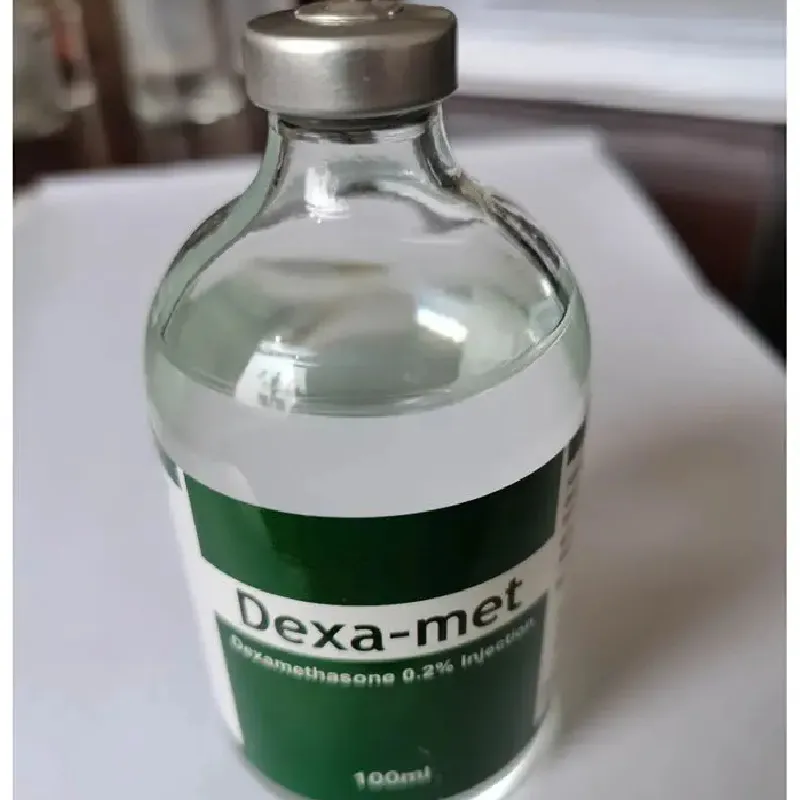- Afrikaans
- Albanian
- Amharic
- Arabic
- Armenian
- Azerbaijani
- Basque
- Belarusian
- Bengali
- Bosnian
- Bulgarian
- Catalan
- Cebuano
- Corsican
- Croatian
- Czech
- Danish
- Dutch
- English
- Esperanto
- Estonian
- Finnish
- French
- Frisian
- Galician
- Georgian
- German
- Greek
- Gujarati
- Haitian Creole
- hausa
- hawaiian
- Hebrew
- Hindi
- Miao
- Hungarian
- Icelandic
- igbo
- Indonesian
- irish
- Italian
- Japanese
- Javanese
- Kannada
- kazakh
- Khmer
- Rwandese
- Korean
- Kurdish
- Kyrgyz
- Lao
- Latin
- Latvian
- Lithuanian
- Luxembourgish
- Macedonian
- Malgashi
- Malay
- Malayalam
- Maltese
- Maori
- Marathi
- Mongolian
- Myanmar
- Nepali
- Norwegian
- Norwegian
- Occitan
- Pashto
- Persian
- Polish
- Portuguese
- Punjabi
- Romanian
- Russian
- Samoan
- Scottish Gaelic
- Serbian
- Sesotho
- Shona
- Sindhi
- Sinhala
- Slovak
- Slovenian
- Somali
- Spanish
- Sundanese
- Swahili
- Swedish
- Tagalog
- Tajik
- Tamil
- Tatar
- Telugu
- Thai
- Turkish
- Turkmen
- Ukrainian
- Urdu
- Uighur
- Uzbek
- Vietnamese
- Welsh
- Bantu
- Yiddish
- Yoruba
- Zulu
ធ្នូ . 13, 2024 16:57 Back to list
ivermectin injection for horses
Ivermectin Injection for Horses A Comprehensive Overview
Ivermectin is a widely used antiparasitic medication that has gained significant attention in both veterinary and human medicine. In the equine world, ivermectin injection is particularly favored for its efficacy against a broad range of internal and external parasites in horses. This article aims to provide a comprehensive overview of ivermectin injection for horses, including its uses, administration guidelines, potential side effects, and considerations for horse owners.
What is Ivermectin?
Ivermectin belongs to a class of medications known as avermectins, which are derived from the soil bacterium Streptomyces avermitilis. It works by binding to specific ion channels in the nerve and muscle cells of parasites, leading to paralysis and death. The drug is effective against numerous parasites, including roundworms, bots, and external parasites like lice and mites.
Uses of Ivermectin Injection
The primary use of ivermectin injection in horses is to treat and prevent parasitic infestations. Common parasites that ivermectin effectively targets include
1. Gastrointestinal Nematodes These include various species of roundworms that can cause colic, poor growth, and other health issues. 2. Bots The larvae of bot flies can cause significant discomfort and digestive problems in horses.
3. Ectoparasites Ivermectin is also effective against external parasites, such as lice and mites, which can lead to skin irritations and discomfort.
4. Certain Diseases Ivermectin has been shown to be useful in controlling certain vector-borne diseases in horses, such as strongyloidiasis, caused by Strongyloides westeri.
Administration of Ivermectin Injection
Dosage and Method of Injection
Ivermectin is typically given as an intramuscular injection, though it can also be offered in other forms such as oral paste or topical solutions. The standard dosage of ivermectin for horses is around 200 micrograms per kilogram of body weight, but this can vary based on the specific formulation and the horse’s health status. It is essential to follow the veterinarian's instructions when administering the medication to ensure proper dosage and effectiveness.
Preparation
Before administering the injection, horse owners should prepare by gathering all necessary supplies, including needles, syringes, and antiseptic wipes. It's crucial to select an appropriate site for injection, typically the neck or hindquarters of the horse.
ivermectin injection for horses

Post-Administration Care
After the injection, horse owners should monitor their horses for any immediate adverse reactions such as swelling at the injection site, changes in behavior, or signs of an allergic reaction. Generally, ivermectin is well-tolerated, but being vigilant is essential for ensuring the horse's health.
Potential Side Effects
Most horses tolerate ivermectin without issues. However, some potential side effects may include
- Local Reactions Mild swelling or soreness at the injection site. - Allergic Reactions In rare cases, horses may develop an allergy, leading to hives, itching, or more severe reactions. - Neurological Signs Although uncommon, high doses or overdoses of ivermectin can lead to neurological symptoms such as tremors, ataxia, or seizures.
Considerations for Horse Owners
When using ivermectin injection, horse owners should consider the following
1. Consultation with a Veterinarian Always consult a veterinarian before initiating treatment. They can provide guidance on the appropriate form and dosage of ivermectin based on the horse's individual health needs.
2. Parasite Control Programs Integrate ivermectin into a comprehensive parasite control program, including regular fecal exams and rotating dewormers to prevent resistance.
3. Withdrawal Times If the horse is involved in competitive events, owners should be aware of the withdrawal times for ivermectin, as residues may remain in the horse's system.
4. Monitoring Health Keep an eye on the horse's health post-treatment to ensure that they are responding well and that any parasites are effectively eliminated.
Conclusion
Ivermectin injection has revolutionized parasite control in equine medicine, offering horse owners an effective tool for promoting the health and well-being of their animals. By understanding its uses, administration guidelines, and potential side effects, horse owners can make informed decisions about their horse's parasite management. Regular consultations with a veterinarian and adherence to sound husbandry practices will ensure that horses remain healthy and free from the burden of parasitic infestations.
-
Guide to Oxytetracycline Injection
NewsMar.27,2025
-
Guide to Colistin Sulphate
NewsMar.27,2025
-
Gentamicin Sulfate: Uses, Price, And Key Information
NewsMar.27,2025
-
Enrofloxacin Injection: Uses, Price, And Supplier Information
NewsMar.27,2025
-
Dexamethasone Sodium Phosphate Injection: Uses, Price, And Key Information
NewsMar.27,2025
-
Albendazole Tablet: Uses, Dosage, Cost, And Key Information
NewsMar.27,2025













